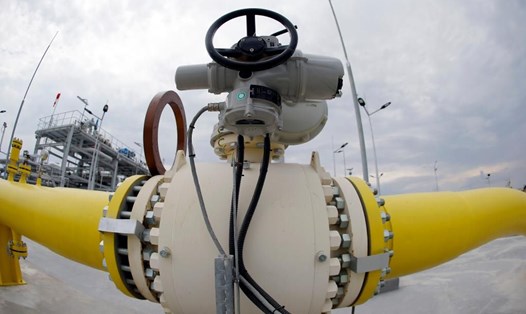SpaceKnow, a company specializing in satellite data analysis, reported the appearance of two unidentified vessels near the Nord Stream gas pipeline explosion in the Baltic Sea in September 2022. It is noteworthy that these ships turned off their transponders, a rare and suspicious act in a sea area with such dense traffic.
The mystery of dark ships
We call large ships that do not signal their location dark ships, explains Jerry Javornicky, CEO of SpaceKnow.
The shutdown of transponders shows an effort to avoid detection, which raises serious questions about their purpose in the area, he added.
The transshipment device is an important safety tool required by international law for ships of certain sizes. It transmits information such as the ship's name, location, direction and speed. In the Baltic Sea, which has one of the world's busiest commercial flows, ships operating without transponders are not only unusual but also extremely suspicious.
Suspicious behavior raises many questions
According to maritime security experts, turning off transponders is often associated with illegal activities such as illegal fishing, smuggling or human trafficking.
Mr. Otto Tabuns, Director of the Baltic Coast Guard Fund, emphasized this abnormality: In the Baltic Sea, ships turning off transponders is very rare, unless they participate in covert operations, whether military or other ground missions.
The discovery adds to the mystery surrounding the Nord Stream pipeline explosion, which has seriously disrupted gas supplies from Russia to Europe. Although NATO has officially called it an act of sabotage, the identity of the perpetrator is still unclear.
NATO's participation and ongoing investigations
SpaceKnow has shared its findings with NATO, but the organization has yet to publicly comment on the data. Several investigations are underway to determine the cause of the explosions, while Russia and Western countries continue to blame each other.
Moscow has suggested the blast was the result of a covert operation conducted by the UK, but London has strongly denied the accusation.
Meanwhile, NATO has maintained that the destruction of the gas pipelines was an act of deliberate sabotage, but it has not yet said who was behind it. New information about these shady ships could play a key role in solving the mystery surrounding the incident.
The discovery highlights the importance of transparency and maritime security, especially in strategically important areas such as the Baltic Sea. With global transport routes under close monitoring, actions such as turning off transponders immediately become warning signs.
As investigations continue, the appearance of these mysterious ships raises urgent questions about their identity, purpose and role, if any, in one of the most notable recent sabotage incidents.









